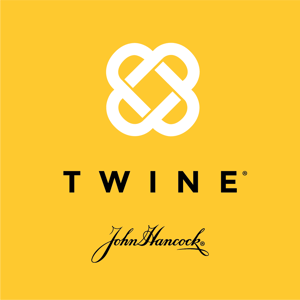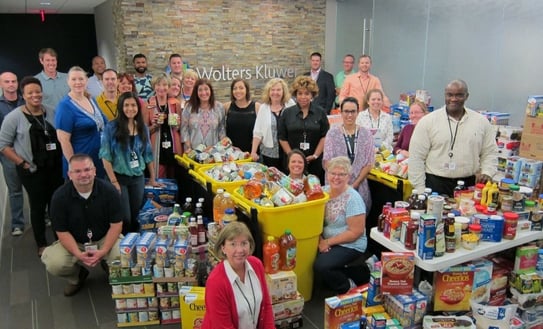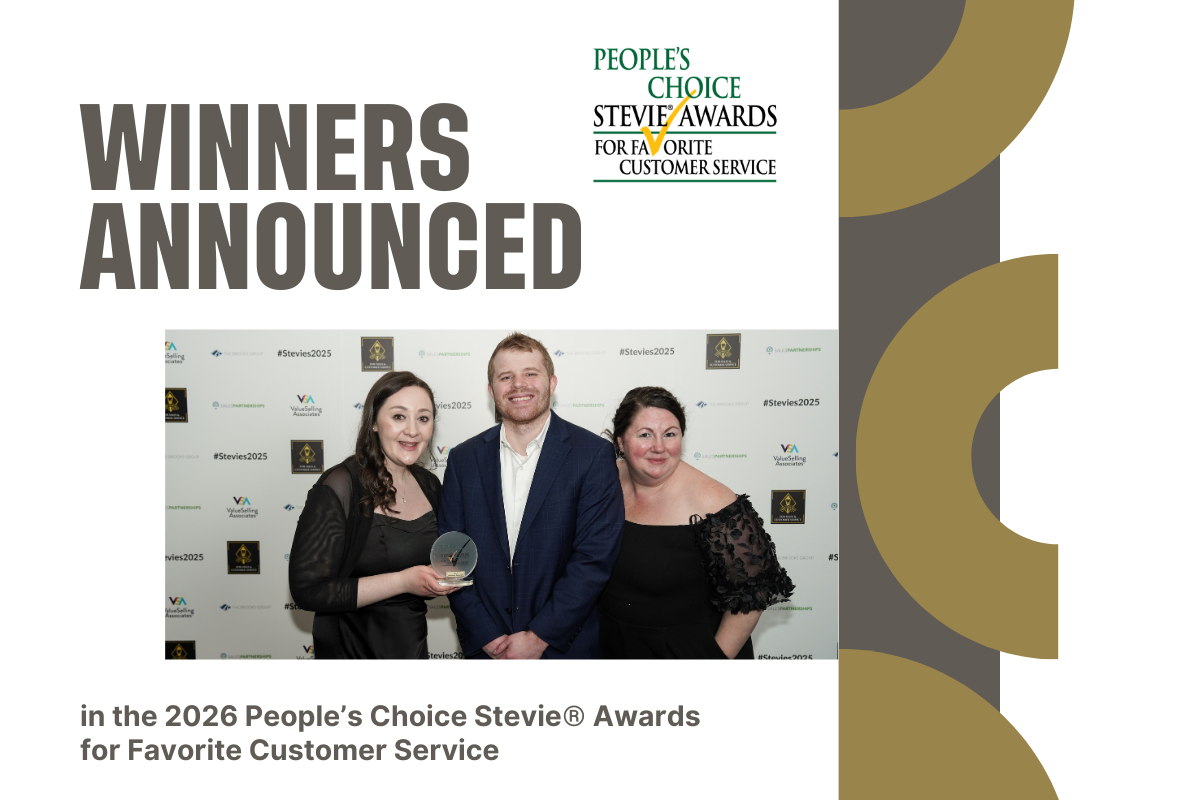With the ongoing economic impacts of the Great Recession, astronomical student debt, COVID-19, rising housing costs, and myriad other financial factors, retirement looks a lot different today than it used to. Gone are the days of finding a job, staying with the company for 40 years, and retiring with a handshake and a gold watch. Pensions and 401(k)s are increasingly hard to come by. Plus, with often insurmountably expensive real estate costs, fewer people are entering the realty market. As a result, many people don’t have valuable homes to supplement their retirement nest eggs.
Given these kinds of factors, it’s little surprise that the concept of “retirement” has shifted. In this landscape, one thing is clear: If financial services groups want to continue to stay relevant, they will need to change their approaches, advice, and outlook to match what financial wellness means to millennials and members of Generation Z.

Rethinking Retirement Age
In a 2018 study by Bankrate.com, millennials responded that they think 61 is the ideal age to retire. Despite this aspiration of early retirement, however, approximately two-thirds of millennials have nothing saved for retirement.
Because of increased debt and decreased financial opportunities, more people than ever are being forced to reevaluate what’s realistic when it comes to retirement. For many, this means bumping out that expected age of retirement. Some don’t even expect to retire at all, instead considering part-time jobs, second careers, or other money-making opportunities as they get into the later years of their lives.
Increased longevity further complicates the issue. Across the globe, people are living longer than ever, which seriously skews issues related to realistic retirement age, health insurance, and life insurance.
Rethinking Financial Wellness
Companies that provide financial planning and other money-management services are often viewed as symbolic of a bygone era. After all, someone who has nothing saved for retirement, doesn’t own a home, and is working on paying down $50,000 in student debt can feel as if these companies aren’t relevant to their financial realities.
That doesn’t need to be the case, though. These companies can still help younger clientele reach their financial goals; they just have to shift how they think about accomplishing this endeavor. John Hancock, which is based in Boston, Massachusetts, United States, is one such company successfully refining its approach.
“At John Hancock, we know it’s time to look beyond outdated concepts like ‘net assets’ and to build financial solutions that fit into customers’ whole lives—with easily accessible products that reflect their values, their approach to wellness, and their holistic well-being,” says Meghan Fackler, a thought leadership manager at John Hancock. “That’s why we’re redefining retirement, insurance, and investing for the modern generation of consumers to address both their health and wealth.”
To connect with this modern generation of consumers, one key is reframing the idea of financial wellness as the most important kind of wellness. Financial service providers are finding that the younger generation prizes a more holistic approach to well-being, and providing advice that resonates means tailoring to that mind-set.
Twine is an app that provides financial advice and automated money management to empower users to manage multiple savings goals with a partner – it’s a smarter way to collaborate and save for what matters. Twine is for people who might not have their own financial advisor but want to make better financial decisions to reach their goals, regardless of their income or age. The app simplifies saving for major milestones like down payments, weddings, and vacations by allowing users to collaborate and link accounts with others to stay on track. Twine is built, developed and powered entirely by innovative technology while leveraging the financial expertise of John Hancock.

“We believe good health and financial wellness are essential ingredients to overall well-being, and we want to help motivate people to make healthier
choices—for themselves and their future,” says Fackler.
With this goal in mind, John Hancock has had success especially with one initiative: a partnership with the Vitality Group, which can serve as a template for similar companies looking to connect with younger investors.
“In 2015, we started a new chapter in our 155-year history when we partnered with the Vitality Group to help our clients live longer, healthier lives,” says Feckler. “As the first life insurance company in the United States to offer a wellness-based rewards program, John Hancock life insurance with Vitality gives our customers the financial protection they need while also helping them earn savings on their premiums, shopping gift cards, and travel discounts for their everyday healthy habits, such as going for a walk, eating well, and getting a regular health check.”
John Hancock was recently honored with multiple Stevie® Awards in the 2020 American Business Awards®, earning the company a Grand Stevie® Award. This designation is reserved for the top 10 most-recognized organizations.
The 2021 American Business Awards are not open for entries yet. The 2020 International Business Awards® are accepting nominations through July 28, 2020.



 Stevie-winner
Stevie-winner 




 The Lighthouse, a charity that is a member of the United Way of Greater Houston, Texas, United States, helps over seven thousand blind and partially sighted people every year by giving members the tools they need to live independently. When Wolters Kluwer Lien Solutions was looking for a place to volunteer, they came across this local charity, and it seemed like a perfect match. Both were looking for a long-term, meaningful relationship, and that has undoubtedly come to fruition.
The Lighthouse, a charity that is a member of the United Way of Greater Houston, Texas, United States, helps over seven thousand blind and partially sighted people every year by giving members the tools they need to live independently. When Wolters Kluwer Lien Solutions was looking for a place to volunteer, they came across this local charity, and it seemed like a perfect match. Both were looking for a long-term, meaningful relationship, and that has undoubtedly come to fruition.











